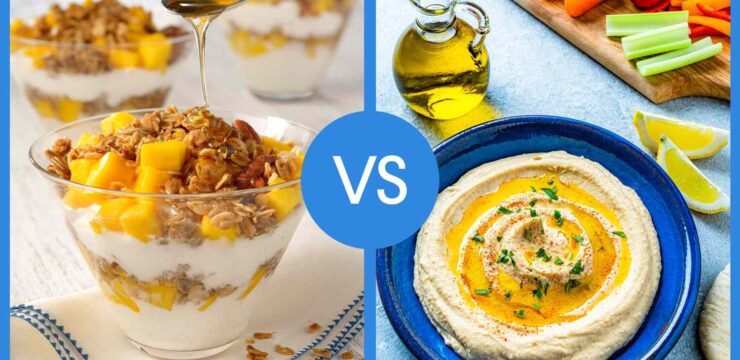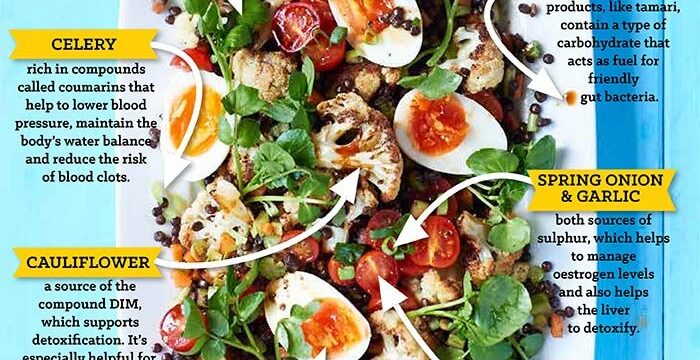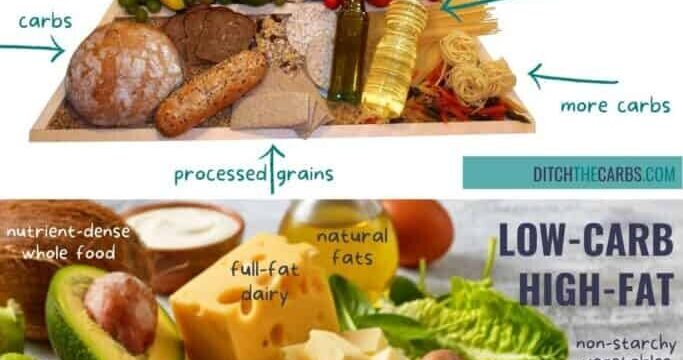When it comes to healthy weight management, not all foods are created equal.
The debate between natural and processed foods often comes up—and for good reason.
Let’s look at how these two categories affect satiety, nutrition, and long-term habits.
✅ Natural Foods
Natural or minimally processed foods include fresh fruits, vegetables, lean proteins, whole grains, nuts, and seeds. Benefits:
- Nutrient density: High in vitamins, minerals, and antioxidants.
- Satiety: Fiber and protein promote fullness.
- Steady energy: Less likely to cause sugar spikes and crashes.
Examples: Fresh apples, quinoa, grilled salmon, leafy greens.
❌ Processed Foods
Processed foods range from lightly altered (like frozen vegetables) to highly refined products (like chips, candy, and sugary cereals). Drawbacks of highly processed foods:
- Often high in added sugars, sodium, and unhealthy fats.
- Low in fiber and protein, making you hungrier sooner.
- May encourage overeating due to hyper-palatable flavors.
Examples: Soda, instant noodles, packaged pastries.
Balanced Approach
Not all processing is bad—frozen veggies, canned beans, and whole-grain bread can be convenient and healthy. The key is to prioritize whole, nutrient-rich foods while limiting heavily processed options.
Final Takeaway
For weight management, natural foods generally support satiety and nutrition better than highly processed alternatives. Choosing whole foods most of the time—and allowing some convenience items—creates a balanced, sustainable approach.
2. Best Store-Bought vs. Homemade Weight Loss Foods
When aiming to eat healthier for weight management, one common question is whether store-bought foods or homemade meals are better. The answer depends on quality, ingredients, and preparation.
✅ Homemade Foods
Cooking at home gives you full control over ingredients and portion sizes. Benefits:
- Less hidden sugar and salt: You know exactly what goes in.
- Portion control: Easier to avoid oversized servings.
- Customization: Adjust flavors and ingredients to suit your needs.
Examples: Homemade vegetable soup, overnight oats, grilled chicken with roasted veggies.
✅ Store-Bought Options
Healthy store-bought foods can be useful for busy lifestyles. Look for items with simple, whole ingredients. Best picks:
- Pre-washed salad mixes
- Rotisserie chicken (skin removed for lower fat)
- Canned beans (rinsed to reduce sodium)
- Greek yogurt (plain, unsweetened)
- Frozen vegetables and fruits
These options provide convenience without sacrificing nutrition.
❌ Store-Bought Foods to Limit
- Packaged snacks high in sugar and refined carbs
- Sugary drinks and flavored coffee beverages
- “Diet” products loaded with artificial additives
Final Takeaway
Homemade foods usually win for freshness and control, but many store-bought items can still be healthy if you choose wisely. A mix of both can save time, keep meals interesting, and support long-term weight management.






